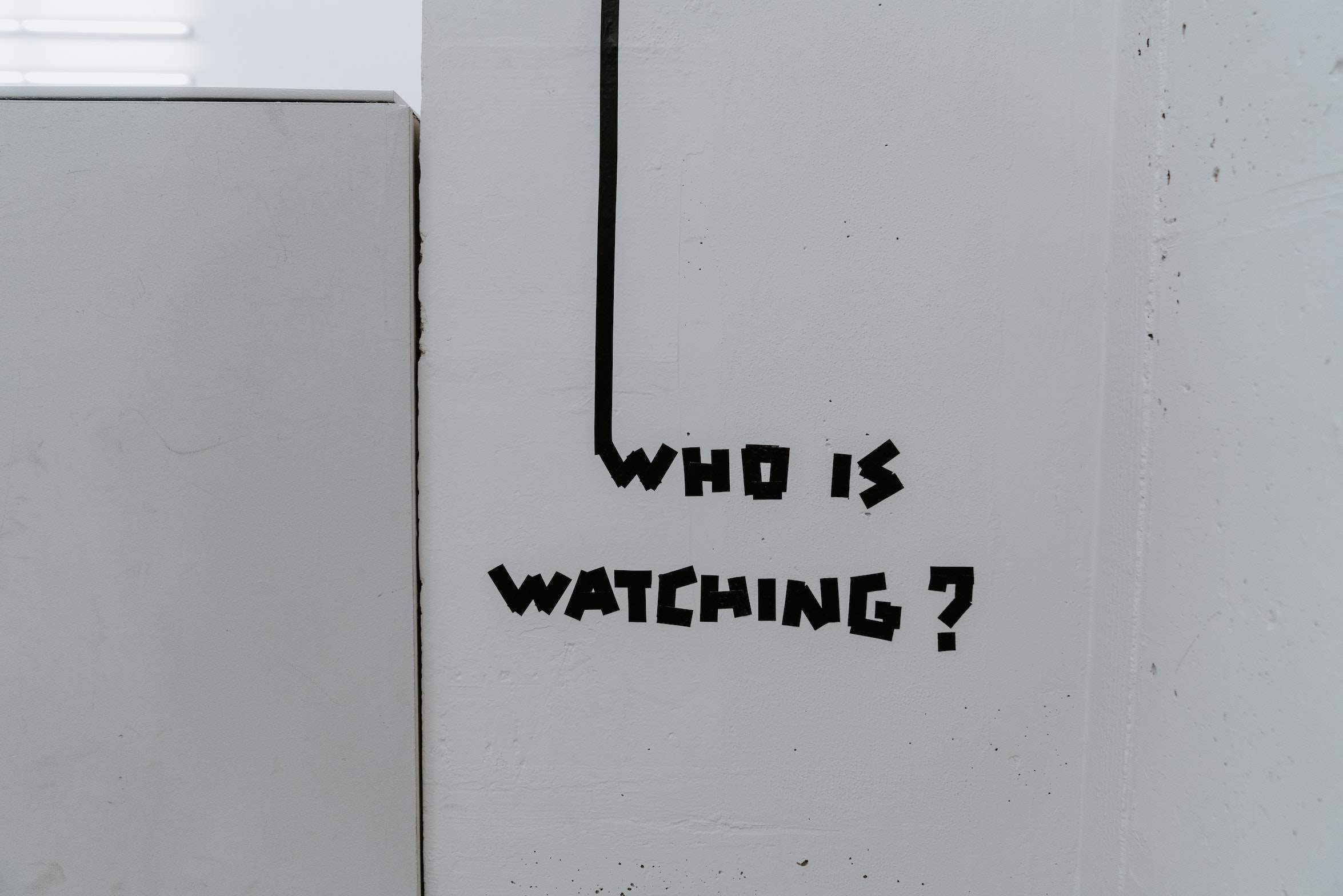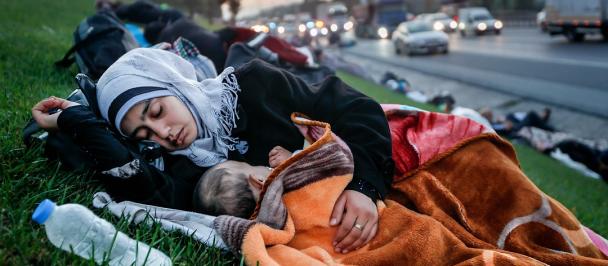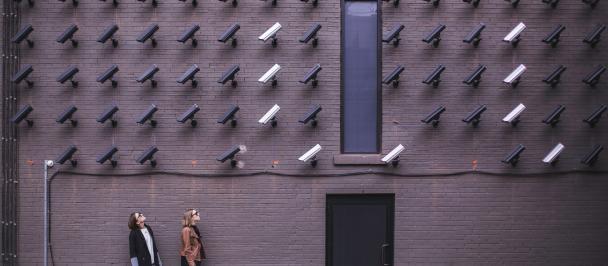Photo: Claudio Schwarz Purzlbaum / Unsplash
The spread of Coronavirus (COVID-19) has led governments to take a number of measures to protect their citizens - including lockdowns, telecommuting and online education.
However, the pandemic is also leading to greater state control and scrutiny over the private lives of its citizens through the use of latest digital surveillance technologies.
When it comes to balancing measures that could help track and contain the virus and safeguard privacy of individuals, where is the line?
The answer is not a straightforward one. On one hand, digital solutions are helping save lives, by spreading health messages, increasing access to remote physical check-ups and health alerts. At the same time, surveillance tools that trace individuals’ location and their contacts present profound challenges to privacy, data protection rights and freedom of information.
In our region, the past few weeks have seen a proliferation of tracing surveillance solutions. At least nine countries have already started deploying tracking tools. In the absence of strong data protection and privacy laws, and in light of pre-existing trends of law enforcement surveillance, we are concerned that such measures may pose significant future risks to the privacy of individuals, and to freedom of expression and assembly. If the application of such tools is not subjected to careful privacy/data protection due diligence, it may further degrade trust in public authorities and undermine the effectiveness of states’ public health responses.
In North Macedonia, for example, the government has launched a Bluetooth-based app “Stopkorona!” to trace and inform the contacts of COVID-19 affected people. The app “warns users if they have come into contact with someone who has tested positive for the novel coronavirus, based on the distance between their mobile devices”. A similar app proposed by a group of young entrepreneurs is currently under discussion in Turkey.
So far, these apps seem to comply with privacy by design principles that deliver a maximum degree of privacy by ensuring that personal data protection is built into the system. They allow for consent of data subjects, as well as the anonymization, minimization, decentralization of data and their time-bound use – so that data can be deleted once the need for its use is over. The Stopkorona! app makes registration voluntary, and all the data is located on the user’s phone except for cases when the person is diagnosed with COVID-19. Only then does the Ministry of Health receive access to the user’s recent app entries in order to contact other app users that have been in the vicinity of the newly diagnosed person.
But this may not be the case every time. Authorities are collaborating with telecommunication service providers to access geolocation data to track the population. In the case of Turkey, the government has launched a GPS-based centralized app, making registration of all COVID-19 affected people mandatory. A similar app in Kyrgyzstan, though it claimed to be based on voluntary consent, was later reported to be mandatory for persons put into quarantine. In Azerbaijan, people’s movements are controlled by an application that issues electronic permits to people who would like to leave their homes during quarantine and is accessible to the police, while Kazakhstan has relied on video surveillance to find violators of the quarantine regime.
In Armenia, even in the absence of any publicly announced digital solution, the government has adopted a new law, permitting operators and medical personnel to share with authorities citizens’ personal data, location and contacts, including the data related to their phone calls’ time and length. Finally, while other governments are deploying digital instruments in order to address the spread of the virus, Montenegro has taken an even “easier” route. The government is regularly publishing the names and the addresses of quarantined citizens on its official website, calling the public to help the authorities monitor their self-isolation.
Photo: Pixnio
People whose health status, identities and location are publicly exposed are at greater risk of stigma and discrimination, which can have detrimental effects on their private and family lives and social and professional situations.
Tracking without violating the right to privacy is possible. There are currently genuine efforts underway by scientists, health authorities, tech companies and civil societies to build privacy-preserving solutions for managing the pandemic. Google and Apple are currently collaborating to launch tracing software with user privacy and security central to the design. Countries in Europe are exploring options for cross-border phone tracking between and within countries to tackle a pandemic, dubbed the Pan-European Privacy-Preserving Proximity Tracing Programme. This is an open protocol application of COVID-19 proximity tracing, which will use Bluetooth Low Energy functionality on mobile devices to ensure personal data stays entirely on an individual's phone. Estonia, Austria, and Switzerland have already announced they will only adopt a de-centralized approach using this protocol.
Right to privacy, including data protection, is a fundamental human right, articulated in major international human rights instruments. If we can manage the pandemic without violating the right to freedoms, why shouldn’t we?
We must ensure that a health crisis of this magnitude is not used as a pretext for mass surveillance and violation of privacy, especially when less intrusive alternatives do exist. We need to protect the confidentiality of our personal data relating to viruses, as its unreasonable disclosure can put us at risk.
At the same time, it’s important to continue support to citizen’s voices and strengthen rule of law and checks and balances systems in the countries. Such measures can ensure the legitimate, necessary, proportionate, and non-discriminatory use of surveillance powers by governments, in exceptional circumstances such as COVID-19 pandemic.
UNDP offices across the world have quickly responded to requests for support from Member States to assist in containing the spread of Covid-19. As part of this work, UNDP guides national counterparts in addressing privacy, data protection and broader human rights issues they are encountering while using digital technologies to combat COVID-19.
With thanks to Polina Korotkikh, Governance and Peacebuilding Intern at UNDP, for her thoughts, ideas and contribution.
UNDP is working across the region to respond to the COVID-19 crisis. Find out more about our work.

 Locations
Locations





